If you’re grappling with postpartum hair loss, you’re not alone. This condition, formally known as telogen effluvium, affects countless new mothers, leading to a noticeable decrease in hair density. But here’s some reassuring news: It’s usually temporary.
Afro hair, with its unique spiral shape, can be naturally drier and more fragile compared to other hair types. Because of this, it can seem like the shedding is more pronounced, but in reality, it’s a normal process many new mothers go through regardless of hair type.
The reason behind this hair loss lies in the roller coaster of hormones that accompanies pregnancy and birth. During pregnancy, elevated estrogen levels often mean fuller, thicker hair. However, those levels drop dramatically after birth, leading to the shedding phase.
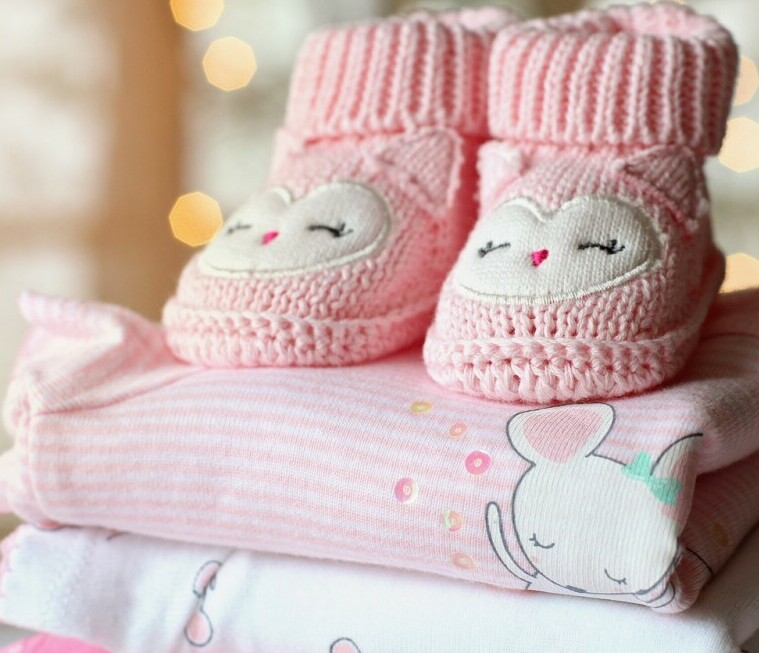
It’s vital to debunk myths and prevent unnecessary worry. One common misconception is that postpartum hair loss can lead to permanent bald patches, which isn’t typical, especially with the right care.
Understanding what’s happening to your body will set the foundation for nurturing your scalp and hair back to health. With this knowledge in hand, let’s explore how a nourished scalp can be the starting point for your hair’s revival in the next section.
Nourishing Your Scalp: The Foundation of Healthy Hair
I’m going to let you in on a little secret: beautiful hair starts with a healthy scalp. Especially when you’re dealing with postpartum hair loss, giving your scalp a bit of extra TLC can make all the difference. Afro hair, known for its stunning texture and volume, can be particularly prone to dryness, so nourishment is key.
You’re going to find out about foods that are great for hair growth. Incorporating items rich in vitamins A, E, and B, minerals like zinc, and proteins can feed your hair from the inside out. Think about tossing some spinach into your smoothie, or having a snack of nuts and seeds. Trust me, your hair will thank you.
When it comes to products, choose something that resonates with you. Natural oils like coconut, jojoba, or castor oil can lock in moisture while encouraging growth. I’m all for thorough hydration—using leave-in conditioners formulated for afro hair can provide lasting moisture.
Don’t worry too much about mastering intricate techniques right away. Start with gentle scalp massages, maybe while watching your favorite show. This encourages blood circulation and can help wake up those sleeping hair follicles. Just a few minutes a day can contribute to healthier hair.
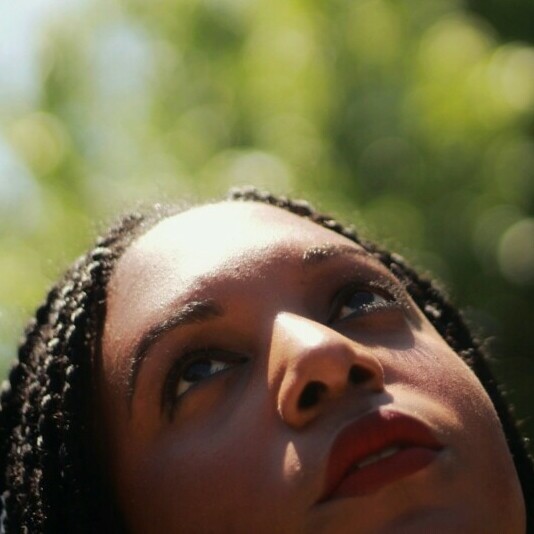
Another point that cannot be understated is avoiding tight hairstyles that put stress on your hair roots, such as tight ponytails or braids. While these styles can look amazing, it’s best to give your hair a break now and then to prevent any additional shedding or damage.
Gentle Hair Care Practices to Minimize Breakage
You’re going to find out about some key strategies to help protect and maintain your hair during this delicate postpartum phase. Afro hair, by its very nature, is prone to dryness and breakage, so let’s focus on how to gently care for it to reduce further loss.
Detangling is critical, but it needs to be done right. Always opt for a wide-tooth comb or use your fingers to tease out knots. Work from the ends up to the roots to minimize breakage. Hydration is key during this process, so make sure your hair is moist with a leave-in conditioner before you start.
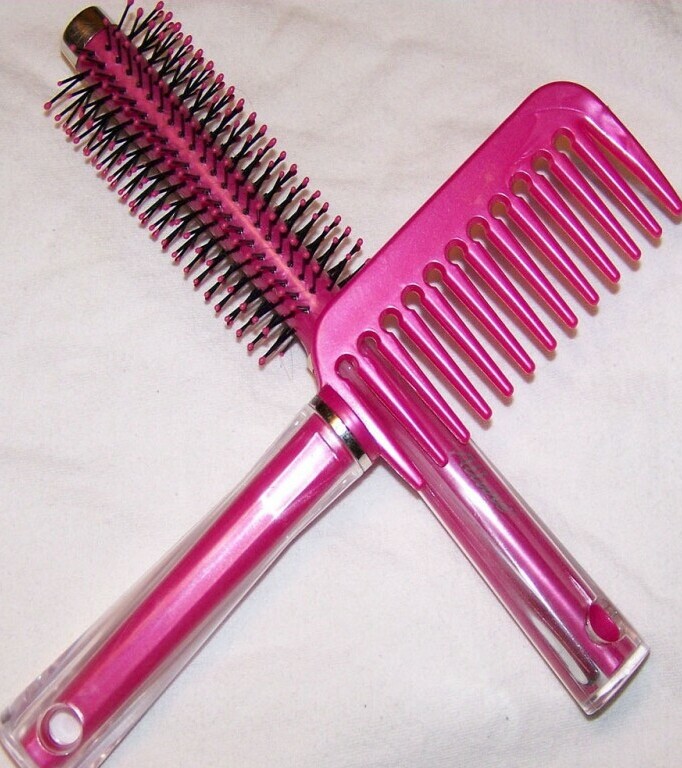
Protective styling isn’t just a fashion statement—it’s a hair savior. Styles like twists, braids, and updos can keep your hair tucked away, lessening daily manipulation and protecting it from breakage. Remember, the goal here is low tension to prevent adding stress to your already fragile hair roots.
Your washing routine should also get an update. Switch to a gentle, sulfate-free shampoo and use it sparingly. When you do wash your hair, follow up with a rich, restorative conditioner, and consider a monthly deep conditioning treatment to replenish moisture and strengthen hair strands.
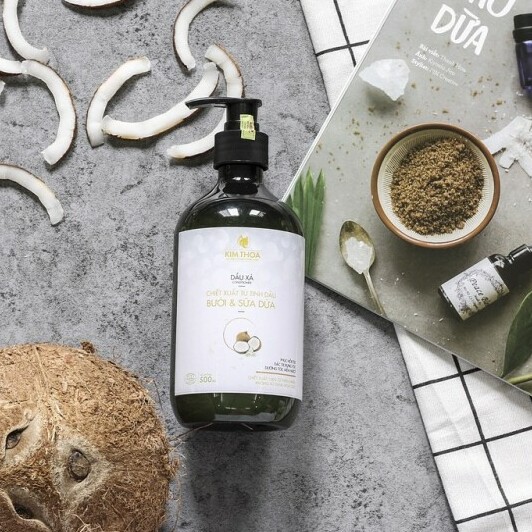
If you can, avoid chemical treatments and heat styling, as they can lead to further damage and loss. If you must use heat, protect your hair with a proper heat protectant and keep the temperature as low as possible. Embrace your natural texture as much as you can—your hair will thank you for it.
Choose something that resonates with you when it comes to hair products. Go for items that are specifically designed for afro hair textures. Look for ingredients like shea butter, coconut oil, and aloe vera that can do wonders in keeping your hair nourished and resilient.
Emotional Support and Managing Expectations
Dealing with postpartum hair loss, especially when you’re already adjusting to motherhood, can be more than just a physical challenge; it’s an emotional one too. It’s vital to remember you’re not alone in this. Connecting with other women who understand exactly what you’re going through can be incredibly comforting.
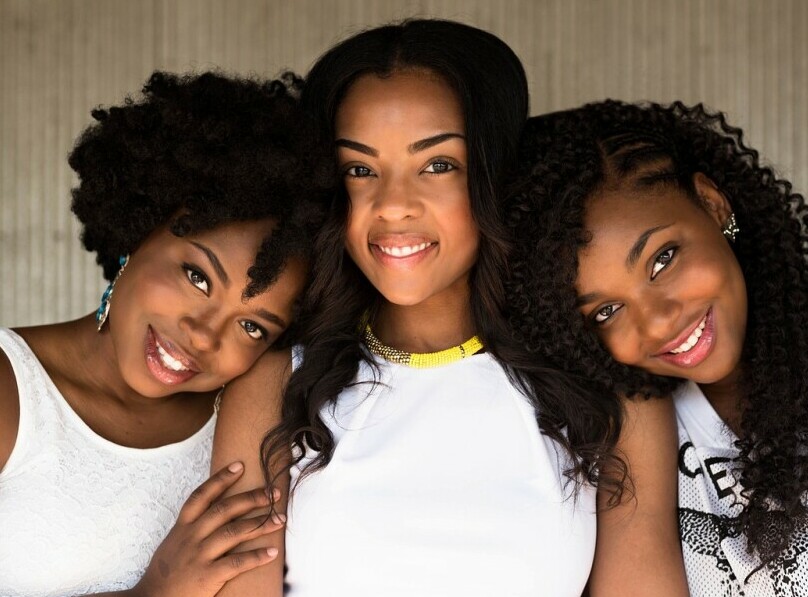
Online forums and local mom groups can be amazing resources where you can share your experiences and learn from others. Don’t be afraid to speak out about how you’re feeling. You might find that many will share their own stories, tips, or words of encouragement that will resonate deeply with you.
Setting realistic expectations is also part of the emotional journey. Your hair might not snap back to its pre-pregnancy state quickly, and that’s okay. Progress in hair regrowth can vary from person to person. Give yourself grace during this time and focus on the steps you’re taking to nurture your hair back to health.
Lastly, if your hair loss feels unusually excessive or is causing you significant stress, it might be time to consult a professional. A trichologist or dermatologist specializing in hair and scalp health can offer you personalized advice that can help ease your mind—and perhaps find solutions that are right for you.

2 replies on “Tips For Dealing With Postpartum Hair Loss With Afro Hair”
Hi there
Thanks for this informative article.
Ensuring a nourished scalp is indeed the cornerstone of vibrant, healthy hair, especially during periods like postpartum hair loss.
I like your mention that the journey to luscious locks often begins internally, with a diet rich in vitamins and minerals crucial for hair growth and that incorporating nutrient-packed foods like spinach and nuts into your meals to support your hair’s vitality from within would indeed be beneficial.
I like your mention that opting for natural oils and leave-in conditioners tailored to afro hair can provide the hydration needed to thrive, and that its the simple rituals, like gentle scalp massages, that can make a big difference in promoting circulation and awakening dormant hair follicles.
Well done.
Hi Troy, thank you for the great comment, yes for me especially postpartum, I noticed that the healthier I was the easier it was for me to deal with the hair loss as it was more manageable.